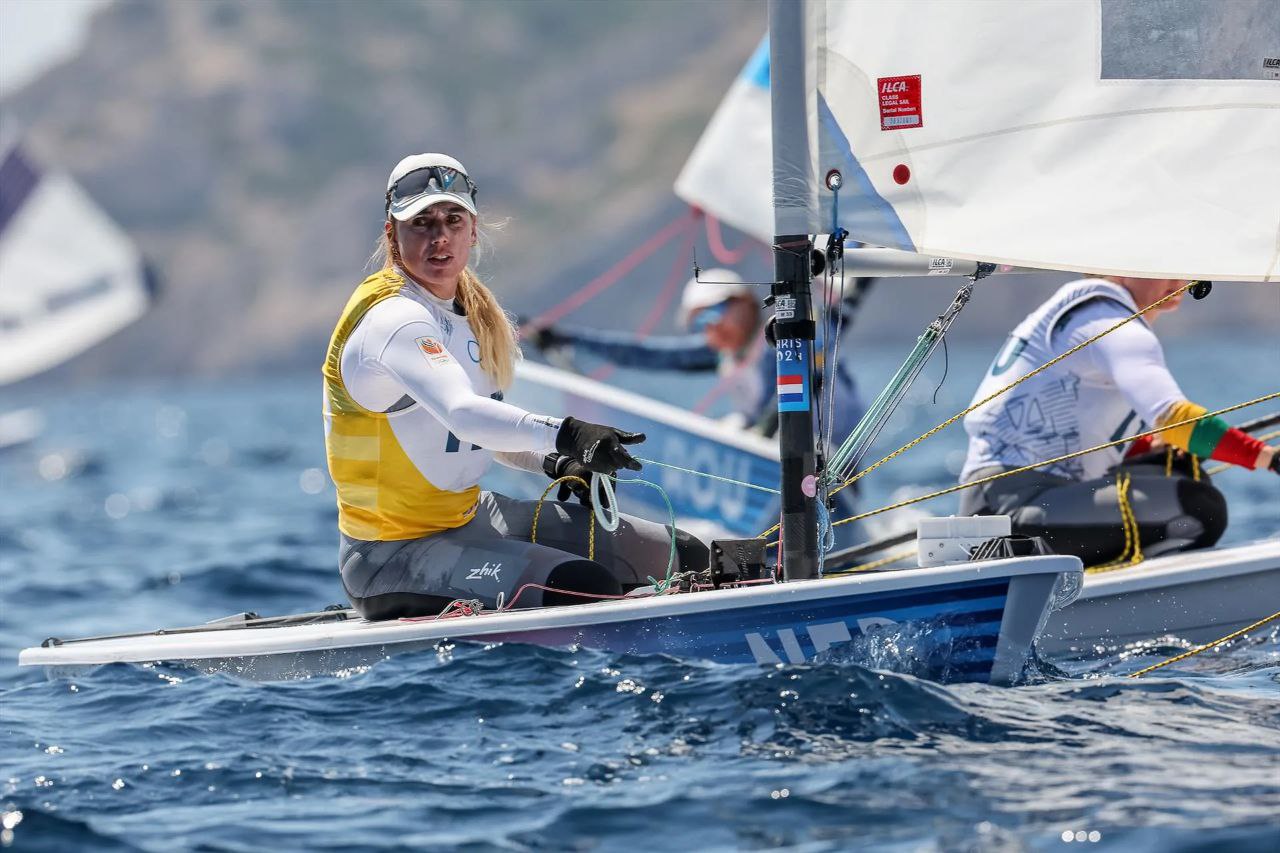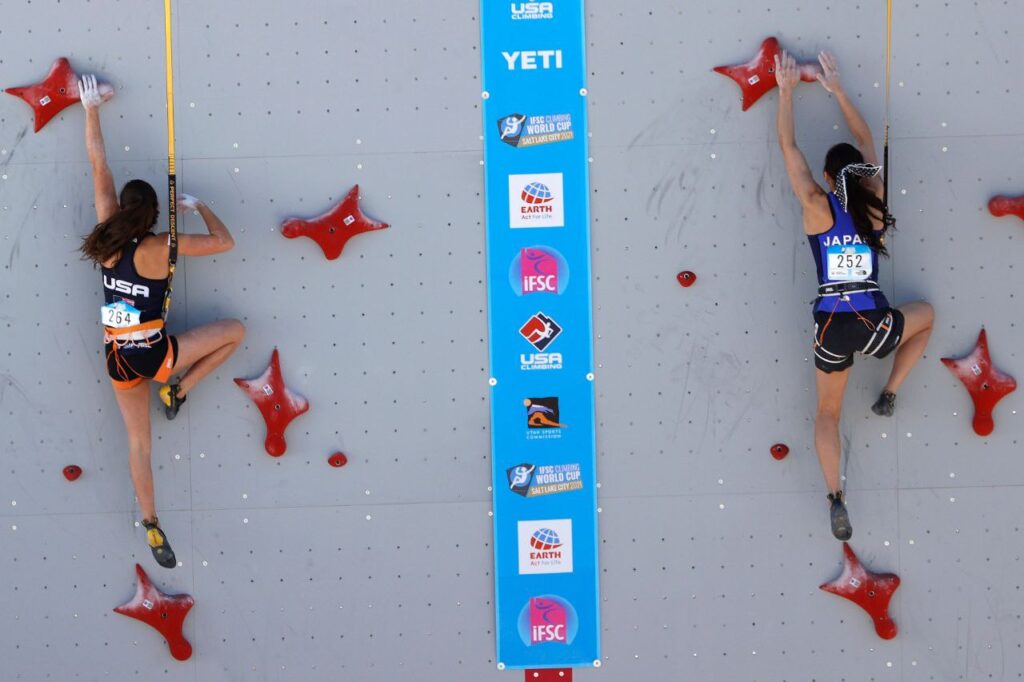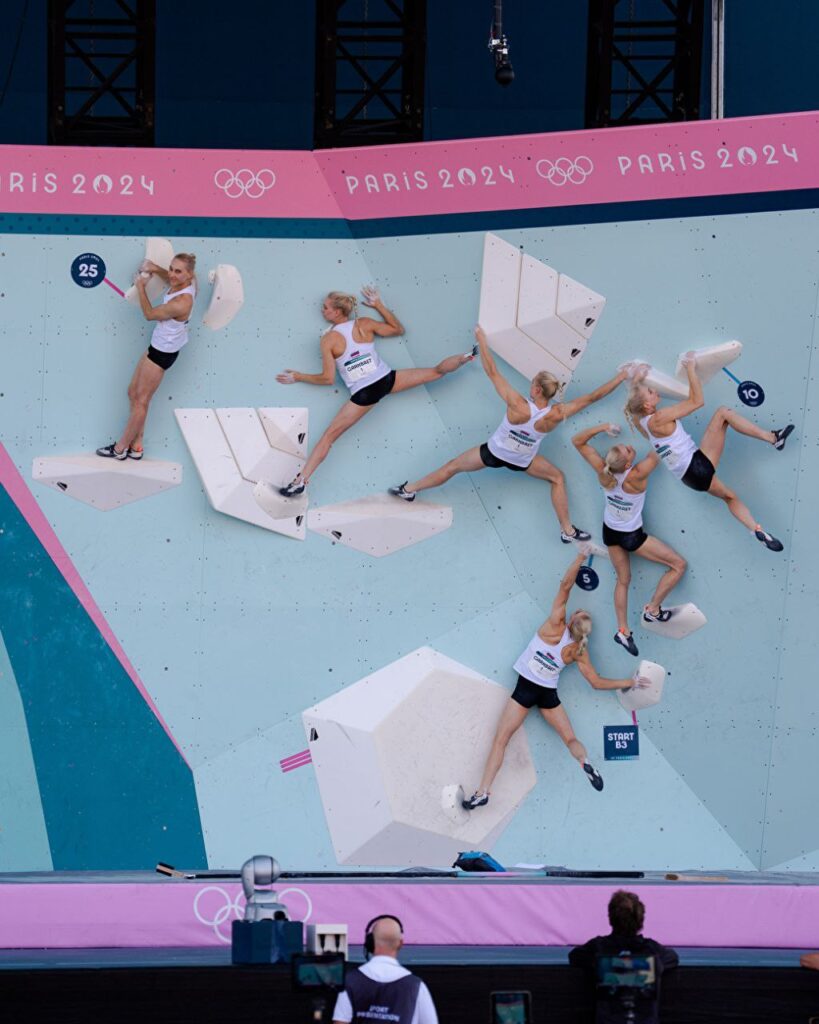Description:
Discover fresh and unique paths to qualify for the Olympic Games. Learn about rare sports, qualification tricks, and strategies most blogs never mention.
Introduction
The Olympic Games are the ultimate dream for athletes worldwide. But while most people think only elite players with years of training can enter, there are direct ways to get into the Olympics that few ever talk about. From choosing less crowded sports to understanding qualification loopholes, the journey can be shorter, smarter, and highly strategic if you know the right route.
Let’s uncover the less-talked-about, high-opportunity paths to wearing your country’s colors on the Olympic stage.
1. Choose Sports with Low Global Competition
If you dream of the Olympics but want a faster route, pick a sport that fewer countries actively dominate.
- Examples: Archery, Race Walking, Canoe Slalom, Shooting, or Modern Pentathlon.
- These sports often have lower athlete pools, meaning your chances of qualifying are higher compared to popular sports like football or swimming.
Tip: Research your country’s national sports federation to find where athlete demand is low but Olympic slots are available.
2. Qualify via Continental Championships
Every sport has continental-level events (Asia, Europe, Africa, Americas, Oceania) that can directly secure Olympic spots.
- Example: In wrestling, winning at the Asian Championships can guarantee direct qualification without needing a world ranking.
- Even if your world ranking is low, regional dominance can get you a ticket.
This is one of the most underused entry points for athletes aiming at the Games.
3. Target Universality Places (Wildcard Entries)
The International Olympic Committee (IOC) reserves special slots called “Universality Places” for nations with fewer athletes.
- These are designed to ensure global representation.
- Smaller countries often have higher chances here, but even larger nations can sometimes nominate athletes if slots are unclaimed.
If you have national sports connections, you can request your federation to apply for a wildcard in less-contested sports.
4. Switch National Representation (Dual Citizenship)
If you hold dual nationality or can acquire it through ancestry, you can represent a country with lower competition.
- Many athletes switch from strong sports nations to smaller ones to secure easier qualification.
- Example: Competing for a Pacific Island nation instead of the USA in weightlifting.
This is a strategic shortcut very few athletes openly discuss.
5. Join Mixed-Nation Teams
Certain Olympic events allow mixed teams made up of athletes from different nations.
- Example: Some shooting events or sailing categories.
- Here, team qualification can bypass tougher solo qualification rules.
If your individual rank is not enough, teaming up can be your Olympic ticket.
6. Exploit Emerging or Returning Sports
When a sport is newly added or reintroduced to the Olympics, the qualification rules are often more flexible.
- Example: Skateboarding and Sport Climbing in Tokyo 2020 had fresh ranking systems, giving newcomers a fair shot.
- Paris 2024 introduced Breaking (Breakdance) – early adopters had easier entry.
By training early in a newly recognized Olympic sport, you can avoid the crowded competition pool.
7. Get Selected as a National Reserve Athlete
Even if you are not the first-choice player, being a reserve athlete in team sports like hockey, basketball, or volleyball can still earn you Olympic accreditation.
- Injuries, illness, or tactical changes can move you from reserve to active competitor mid-Games.
8. Special Qualification Through World Rankings
Some sports have rolling qualification lists where consistent participation in smaller events can slowly push you into the Olympic zone.
- Example: Badminton and table tennis allow athletes to earn points from small international tournaments.
- By targeting low-entry events abroad, you can build points without facing top-ranked rivals.
9. Volunteer-to-Competitor Path (Rare but Real)
In certain niche sports, being involved in the organizational or training environment can open opportunities when teams need urgent replacements.
- This works best in new or demonstration sports with low athlete participation.
Conclusion
Getting into the Olympics doesn’t always require beating world champions or waiting a decade. By using underexplored sports, continental championships, wildcards, or strategic nationality changes, you can find direct entry routes that most athletes overlook.
Your dream of marching in the opening ceremony could be closer than you think – you just need the right game plan, not just the right game.
Keywords: direct Olympic qualification, fastest way to enter Olympics, Olympic wildcard entry, easy Olympic sports, less competitive Olympic events, rare Olympic qualification paths.



